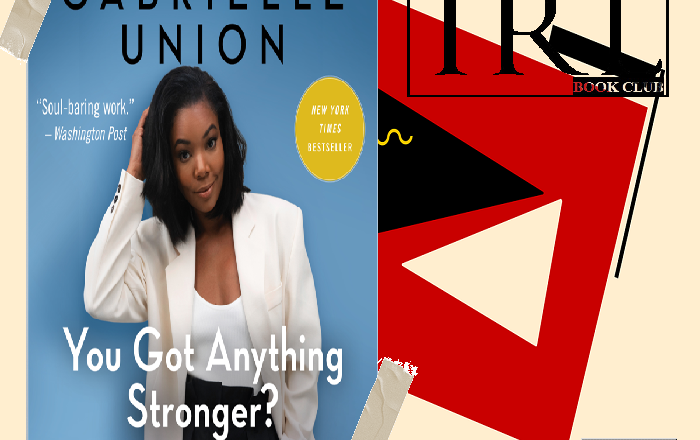Red Flags That You Might Be Dating A ‘Vulnerable Narcissist’
Think you might be dating a ‘vulnerable narcissist’? Look out for these red flags.
Single people are increasingly turning online to find love, with more than 300 million people around the world trying their luck on dating apps. Some find their fairy tale. But for others, stories of online dating have very different endings.
You may be ghosted after a seemingly blissful start, or strung along with just crumbs of attention. Perhaps you suddenly learn the person you’re dating isn’t who you thought they were.
If these scenarios sound familiar, you may have dated a “vulnerable narcissist”.
The dark side of online dating
These days, about 30% of new relationships form online, and experts say this will only become more common in the future. But online dating isn’t without risk.
Antisocial datin...

